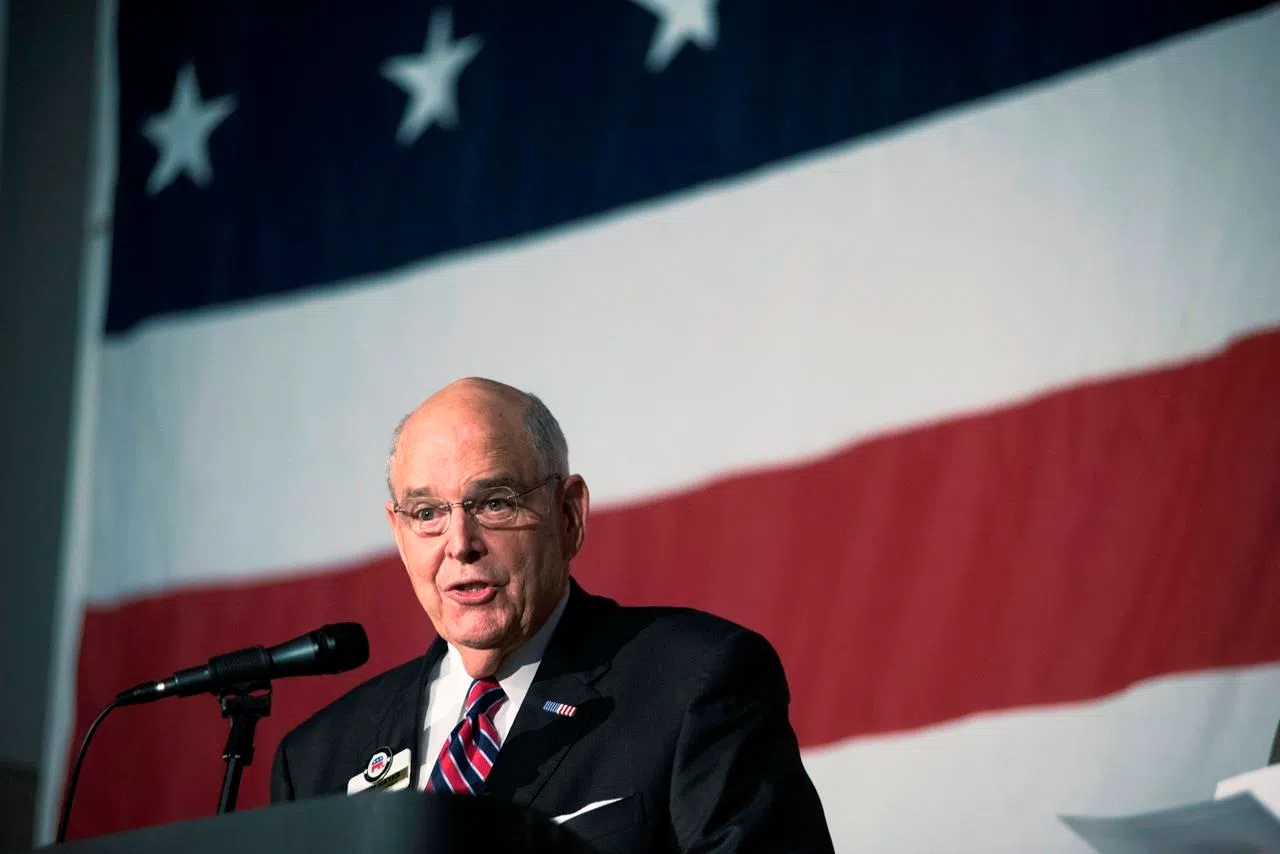
North Carolina GOP chair, major donor charged with bribery
RALEIGH, N.C. — The chairman of North Carolina’s Republican Party, an insurance magnate and two of his associates are facing federal charges for a plan to shower the state’s top insurance regulator with campaign contributions to ensure special business treatment, a criminal indictment unsealed Tuesday said.
State GOP Chairman Robin Hayes and insurance and investment firm founder Greg Lindberg were among those charged with bribery, conspiracy and other crimes.
The four defendants appeared Tuesday before a federal magistrate.
Hayes also was charged with lying to the FBI. The 73-year-old former congressman announced Monday that he wouldn’t seek re-election as party chairman, citing health problems.


